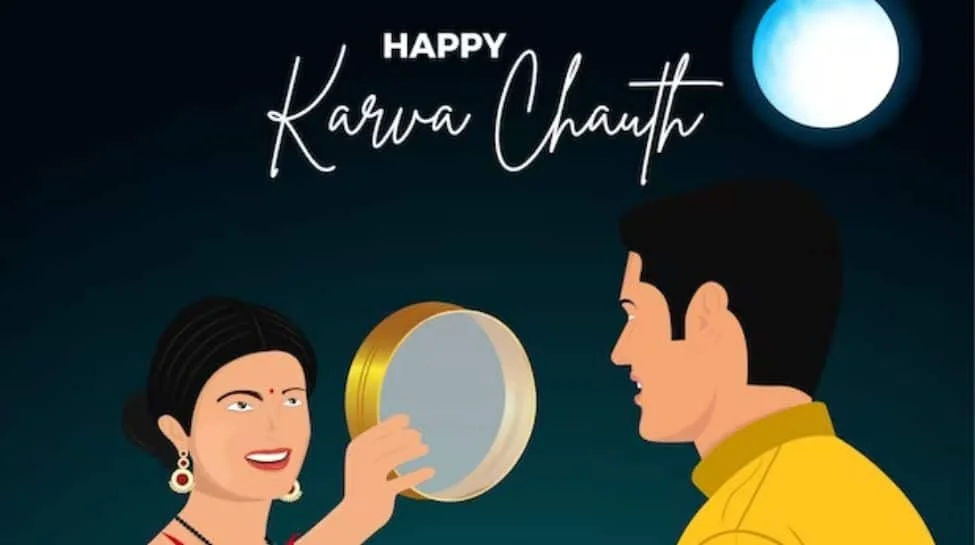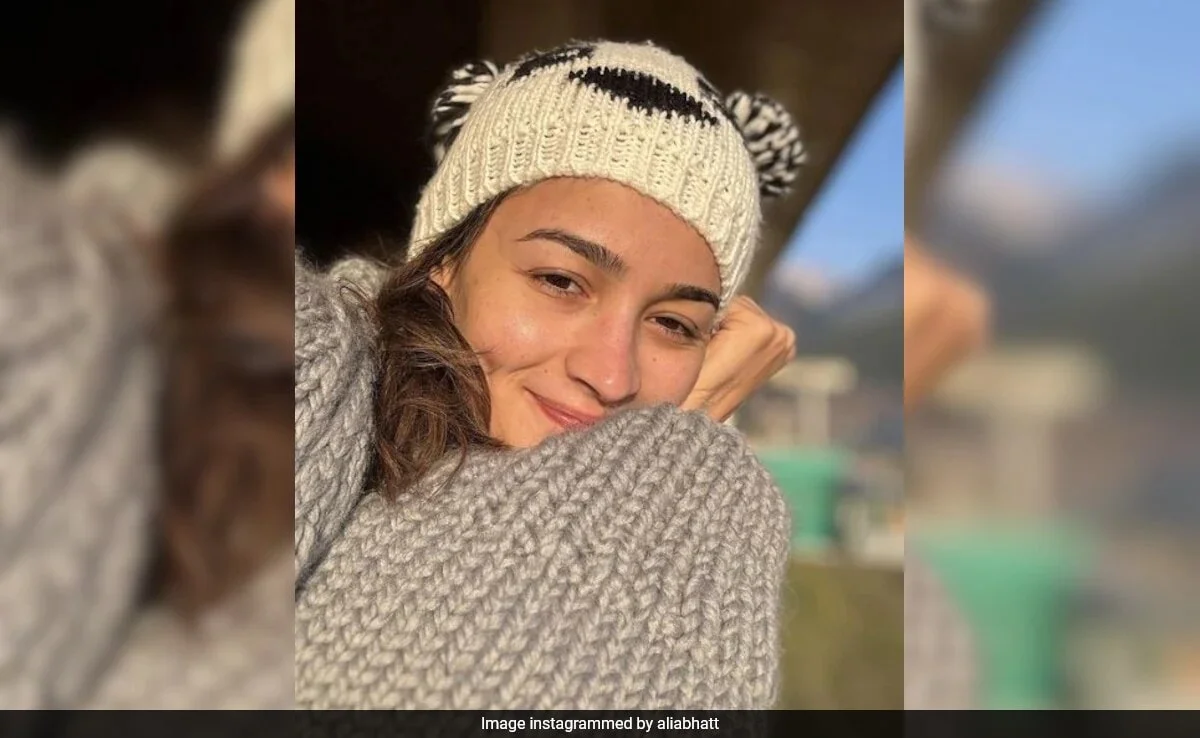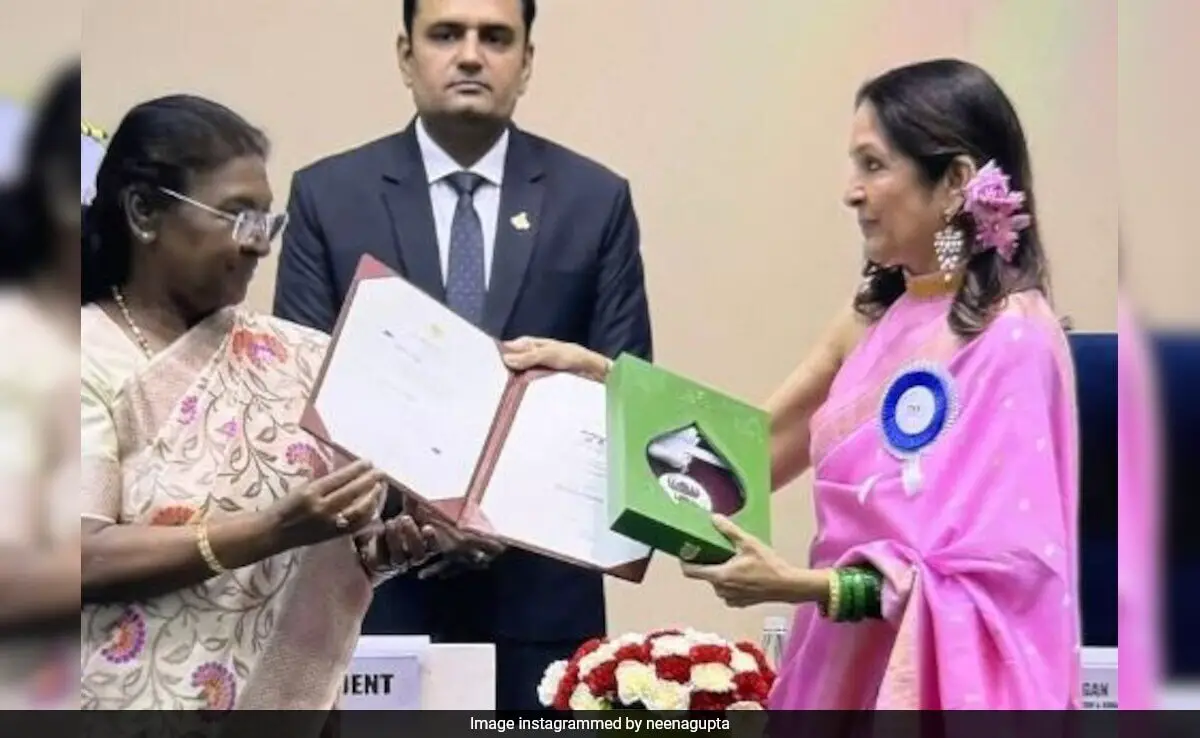Karva Chauth is one of the most significant and widely celebrated festivals among married Hindu women, especially in North India. It is a day marked by fasting, prayers, and rituals dedicated to the well-being and longevity of their husbands. Over the years, the question has arisen: why is Karva Chauth traditionally observed only by married women? To answer this, it is essential to explore the historical, cultural, and spiritual roots of the festival.
Cultural and Historical Origins
Karva Chauth has deep cultural and historical significance, dating back to ancient times. The festival’s primary purpose was to strengthen the bond between husband and wife and to pray for the husband’s safety, particularly during times of war or long journeys. Historically, during periods of conflict, women would pray for their husbands’ safe return from battle, and fasting was seen as a form of devotion and sacrifice to ensure their protection.
The word “Karva” refers to an earthen pot, and “Chauth” means the fourth day of the lunar month, as the festival is observed on the fourth day after the full moon in the month of Kartik. The rituals, particularly the offering made with the earthen pot, symbolize longevity, health, and prosperity.
The Role of Marriage in the Festival
Marriage, in Hindu tradition, is not only a social institution but also a sacred union bound by rituals and spiritual commitments. A major belief in Hindu culture is that marriage ties two individuals not only for this lifetime but for seven lifetimes, known as Saat Pheras. The observance of Karva Chauth is a way for women to express their love and commitment to their husbands in this lifetime and to strengthen this sacred bond.
Traditionally, Karva Chauth is observed by married women because the festival revolves around the well-being of the husband. The festival reflects the importance of marriage in ancient Indian society, where a husband was seen as a protector and provider, and a wife’s role was to ensure the prosperity and longevity of the relationship.
Religious and Spiritual Beliefs
In Hinduism, fasting and prayers are common methods to show devotion to gods and seek blessings. Karva Chauth is seen as a day of heightened spiritual activity, where married women fast from sunrise until moonrise, without food or water. This act of devotion is believed to earn them divine blessings for their husbands’ health and prosperity.
While it may seem restrictive, this observance is deeply rooted in the belief that the bond between husband and wife is divinely ordained. In many stories and legends associated with Karva Chauth, the wife’s prayers and fast play a critical role in overcoming trials and ensuring the husband’s safety and well-being. The belief in the transformative power of these prayers adds a religious dimension to why only married women traditionally observe the fast.
Karva Chauth and Gender Roles
The festival, like many traditions, is also a reflection of the patriarchal structure of society. In historical contexts, women were seen as caregivers, while men were viewed as protectors. This division of roles meant that women prayed for their husbands’ protection and longevity, which was intertwined with their own security and well-being. However, in modern times, this traditional observance has expanded its meaning beyond the protection of husbands, and many couples observe it together to symbolize their mutual love and support.
Changing Perspectives
In contemporary times, there is a gradual shift in how Karva Chauth is perceived and practiced. While traditionally it was a festival for married women, some unmarried women also choose to observe the fast, either as a prayer for their future spouse or as a spiritual practice. Additionally, some men now join in fasting with their wives as an expression of mutual love and equality in the relationship. This shift signifies a departure from the rigid gender roles associated with the festival.
While Karva Chauth is traditionally observed by married women due to its deep roots in Hindu culture, marriage, and spirituality, the evolving nature of society has seen the festival take on new forms. At its core, Karva Chauth remains a celebration of love, devotion, and commitment, making it a cherished occasion for those who honor its traditions. However, as society progresses, the festival is also adapting to include new meanings and expressions of mutual respect and care within relationships.
(This article is intended for your general information only. Zee News does not vouch for its accuracy or reliability.)




